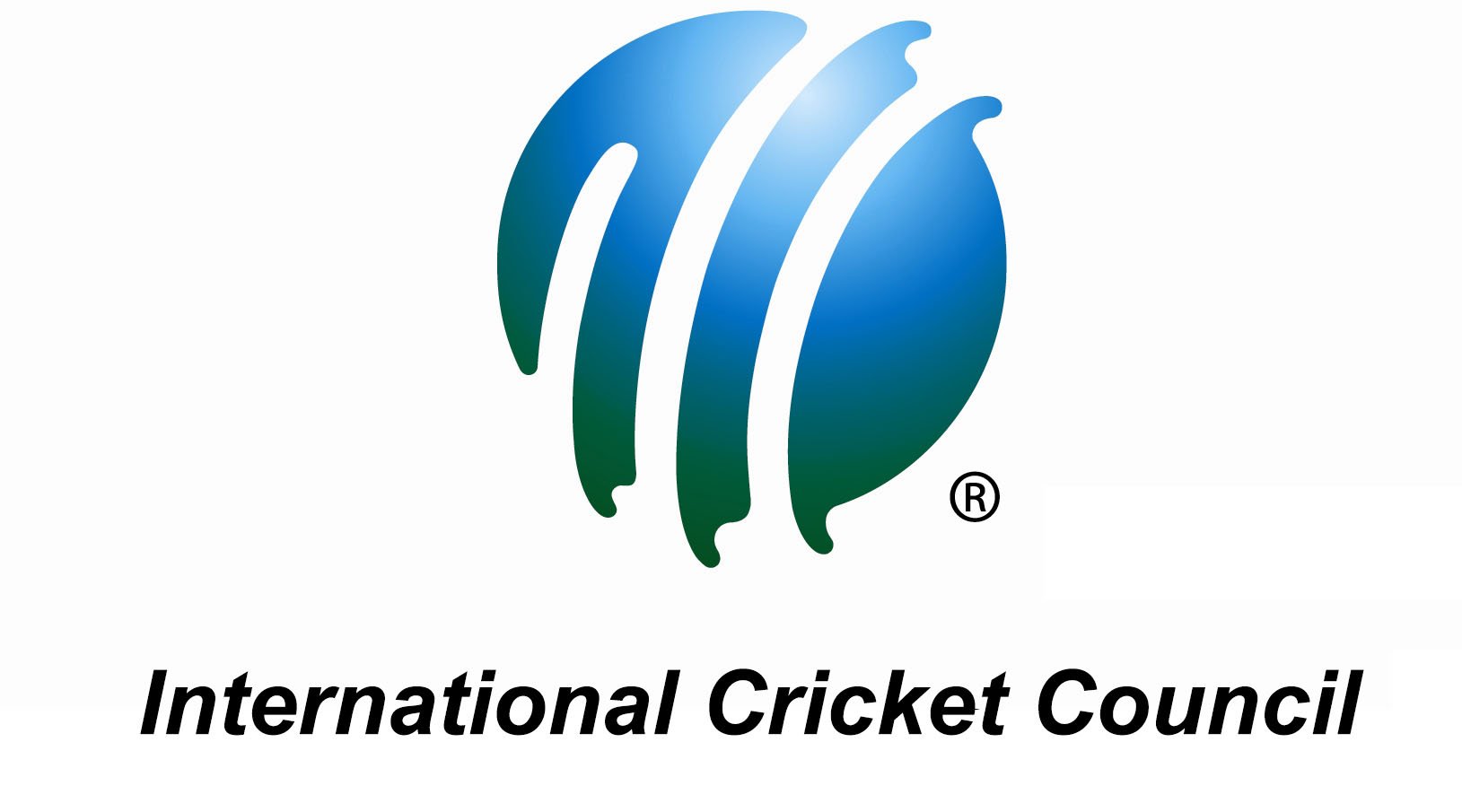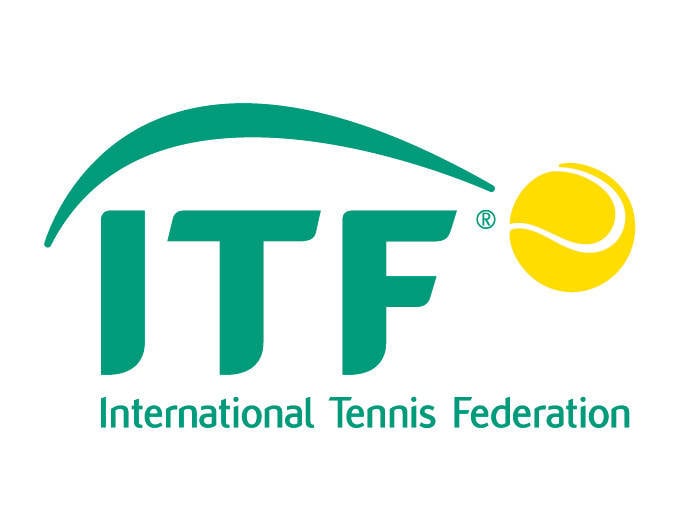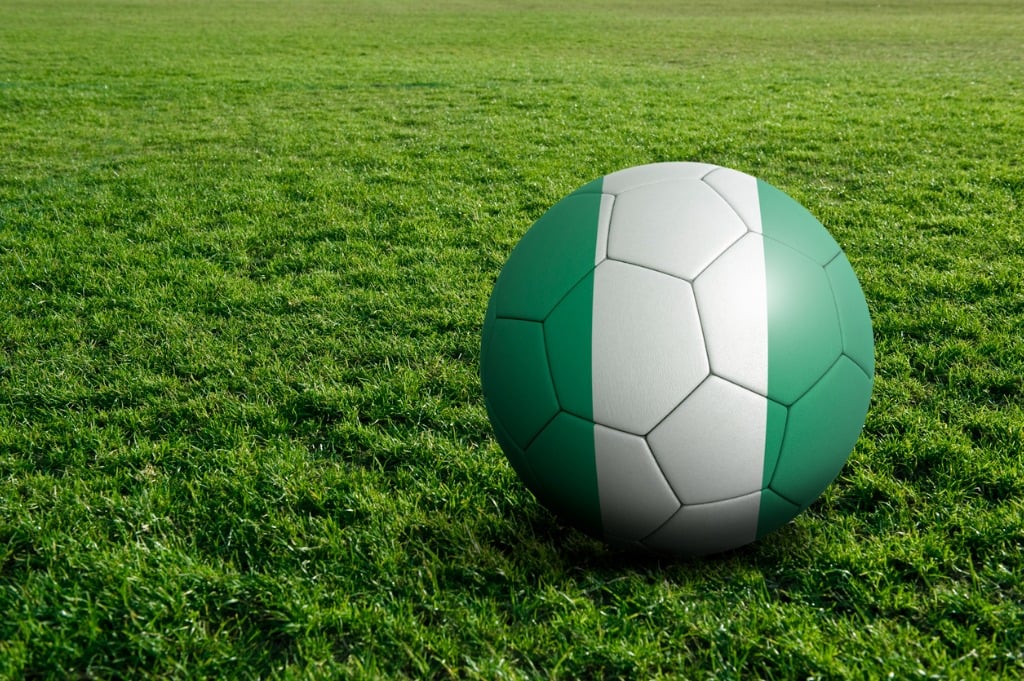Equal Pay Day: FIFPRO remains committed to securing equal prize money for players
- 18 September marks International Equal Pay Day, raising awareness about unequal pay to women and pushing to close the gender pay gap
- FIFPRO, members unions and women’s internationals helped secure equal regulations and conditions, and a fair redistribution of prize money for Women’s World Cup players
- While the first step on the pathway to equality has been taken, for many players the fight for fair and timely payment has just begun
On UN Equal Pay Day, FIFPRO reaffirms its commitment to fighting alongside women all over the world to ensure there is equal pay for equal work.
The 2023 FIFA Women's World Cup was a breakthrough on the pathway to equality, with the introduction of per-player performance-based prize money and equal conditions.
Ahead of the Women’s World Cup FIFPRO, its member unions, and 150 international footballers from 25 countries stood united in the largest piece of collective action undertaken in women’s football which helped secure equal regulations and conditions, fair redistribution of prize money to players, and a pathway to equal prize money at the tournament.
The collective action achieved:
1) Player prize money allocation
Each individual player at the Women's World Cup was allocated performance-based funding. Every player at Australia/New Zealand earned at least USD 30,000, with players from the winning team each receiving USD 270,000.
2) Equal conditions
The conditions and service levels offered to each team at the 2023 Women’s World Cup were identical to those at the 2022 men’s World Cup in Qatar.
- The delegation size for all PMAs was set at up to 50 people;
- Each delegation had the option of accommodating players in single or twin rooms, or a combination of both, according to their preferences;
- Identical processes to men's World Cup for class of international travel, level of in-competition domestic travel, implementation of team base camp concepts, and standard of accommodation were in place.
3) Increased prize money
In addition to doubling to USD 31m the preparation funding already distributed to all PMAs, an additional total pot of USD 110m was allocated to the Women’s World Cup Australia & New Zealand 2023 that was distributed to teams on the basis of team performance at the tournament.
The path to equal pay
While the first step on the pathway to equality has been taken, for many players the fight for fair, timely payment has just begun.
That is why, on this UN Equal Pay Day, we celebrate the achievements and progress made, but more importantly we focus on what is ahead – pay equity for the men’s and Women’s World Cup in 2026 and 2027, and continuing to raise the floor for players globally.
What the players said
Alex Morgan (USA): “I'll continue to challenge the systemic norms that exist today, so that we do have an equal seat at the table – and part of that is the working conditions for the World Cup. As the women's game grows, as accessibility and visibility grows, and as our fan base grows, we do expect to see the result of that – which is better working conditions, more compensation. That’s a big piece of it, but we need to start somewhere.”
Lucy Bronze (England): “In every single country in the world, there's still something missing or something that could be done a lot better. The fact we've got that collective goal means that together we feel that common goal – and everybody knows that strength comes in numbers. When we inspire each other, the voice becomes louder."
Ali Riley (New Zealand): "I believe that we as women’s players deserve the same conditions as our male counterparts – and we're working hard to prove that. Having equal pay at the World Cup would be one step in the right direction."
ICC announces equal prize money for men’s and women’s teams at ICC events
Sports Lawyer In The Spotlight: Farai Razano
Published Thursday, 29 September 2022.
US Women’s National Team players’ association calls identical contract proposal ‘PR stunts’
On Tuesday the US Soccer Federation (USSF) made the offer to both teams in an attempt to resolve its gender pay dispute.
Brazil and England reveal equal pay for men’s and women’s national team players
Following a Brazilian Football Confederation announcement that men and women national team players will receive the same pay for a senior cap, the FA revealed that England’s men and women had been paid the same match fee since January.
Slovenian women’s national team arrange equal pay and working conditions
- The deal with the country’s football association grants Slovenian women’s national team players working conditions and pay equal to those of the men’s national team
- It concluded an almost four-year push by the players and their union to get the deal arranged
- “We are confident that levelling the playing field for the national team will positively benefit the development of this team and the ones that follow,” said co-captain Lara Prasnikar
The players of the Slovenian women’s national team agreed to a deal the Football Association of Slovenia (NZS) which grants them working conditions and pay equal to those of the men’s national team.
Last Friday, Slovenian player union SPINS announced the agreement during a press conference. It concluded an almost four-year push by the players and their union to get the deal arranged.
In July this year, the women’s struggle culminated in a letter they wrote to NZS leadership in which they addressed the significant differences in treatment of the men’s and women’s national teams that had a negative effect on their performance.
The women had to deal with poor conditions and facilities for both training and matches, inappropriate travel conditions, bad preparation, unregulated catering and, above all, the unprofessional behaviour of the national team coach and his staff, who they accused of bullying, sexism, and racism among other things.
Most issues have been addressed by the NZS, which replaced the technical staff and finalised the agreement with the women’s national team that meets the players’ needs.
"We are confident that levelling the playing field for the national team will positively benefit the development of this team and the ones that will follow. Equal treatment of women and men should be a given in today's society," said Lara Prasnikar, co-captain of the national team.
Co-captain Mateja Zver added: "By signing the new agreement, we have set an example for the countries that will follow us. We can all be proud of that."
SPINS President Dejan Stefanovic, who is also a FIFPRO global board member, said: "The letter that the players sent illustrated the unanimity between all of our country’s women footballers. Even before this letter was sent, all women players – national team players and all others – had agreed that in case of a strike action, none of them would accept a call-up to appear for the national team. This was part of a strategy suggested by our colleagues of the Israeli union, especially their chair Karen Sendel."
According to Stefanovic, another crucial step was to involve the Advocate of Principle of Equality. "Things started moving very quickly after the Advocate of Principle of Equality began its investigation into discriminatory treatment of the women’s national team. I am sure that the football association is very worried about a possible verdict and that will have helped with getting this deal done."
Stefanovic advises other player unions looking for equality for their women’s players to take a similar approach. He said: "They should make use of the possibilities in their country by identifying organisations or institutions that can help them, whether that is an Advocate of Principle of Equality as in our case, or for example an Ombudsman for Equality as the Finnish player union (JPY) did a couple of years ago.
"Having achieved this important milestone, the first FIFPRO member in Central and Eastern Europe to do so, we are also aware that there is still is a long way to go before women’s players in Slovenia enjoy the same level playing field as the men’s players. But we will continue working closely with the players to arrange that their treatment is improved and follows global trends."
Gianni Infantino hails transformational FIFA Women's World Cup™
Gianni Infantino has said that the FIFA Women's World Cup 2023™ has transformed the face of women's football and appealed to governments, member associations, broadcasters and media to help keep the momentum going towards equality once the tournament ends on Sunday.
Speaking at the opening of the Second FIFA Women's Football Convention in Sydney, the FIFA President thanked Australia and Aotearoa New Zealand for co-hosting "simply the best and greatest and biggest FIFA Women's World Cup ever".
"This FIFA Women's World Cup has been truly transformational, not only in Australia and New Zealand but all over the world," he said. "In the host countries, we had almost two million spectators in the stadiums -- full houses everywhere -- and two billion watching all over the world --- and not just watching their own country but watching the World Cup, because it’s an event [where] I don’t just watch my team . It's great sport, it's entertaining and people love it."
"We have to thank and congratulate Australia and New Zealand because without them this would not have been as magical."
Australia’s Minister for Sport Anika Wells echoed the FIFA President’s comment. “While this is almost the end for this [FIFA] Women’s World Cup, it is only the start of a new era for sport in Australia. The sleeping giant has awoken,” she said. “In Australia, this FIFA Women’s World Cup has not just changed women’s football; it has changed women’s sport. Australia is now a football country.
“I want to thank FIFA for what you have done to accelerate the pursuit of gender equality in our country.”
The FIFA President said there was still much to do and urged FIFA’s partners to contribute. "We need everyone. We need the UN agencies, who have been very helpful to us in this World Cup, participating with us. We need the governments, we need the institutions, to create dedicated spaces for women, and for women’s sport and women’s football in particular, of course. We need the partners, the sponsors to pay a fair price. We need the media,” Mr Infantino said.
He asked broadcasters “to pay a fair price for women's football, not just for the (FIFA Women’s) World Cup, but for women's football in general, in all the countries, all the leagues, in all the competitions”.
The FIFA President urged FIFA's member associations to ensure that they organise women’s leagues, pointing out that some of the players who had starred at the tournament would not have any competitive football to go home to.
"(Female players) cannot all go to play in a few clubs in Europe or the USA. We need in the next four years to create the conditions for them to be able to play at professional level at home and this is the biggest challenge we have to take on board," he said.
Mr Infantino added that the tournament's success had supported the decision to enlarge the tournament from 24 to 32 teams. "FIFA was right," he said. "By increasing number of teams, we had eight debutants, we had many countries who suddenly realised they had a chance to participate. Now, everyone has a chance to shine on the global stage."
The tournament had showed that standards were rising while the tournament had generated USD 570 million, allowing it to break even, he said.
In concluding, the FIFA President also appealed to the assembled audience to act at all levels: "We have to start treating women and men in the same way. I say to all the women that you have the power to change. With FIFA, you will find open doors, just push the doors, they are open. And do it at national level in every country, at continental level in every confederation, just keep pushing, keep the momentum going, keep dreaming and let’s really go for a full equality."
‘Another Significant Step Towards Gender Parity'
Nigerian Women’s Football & Basketball Teams Fight For Equal Pay
Published Thursday, 09 December 2021.
Australia’s Paralympic medallists to be paid the same bonuses as Olympians
The Australian government has announced it will give Paralympics Australia extra funding to close the bonus pay gap for those para-athletes winning medals at the Tokyo Games.








 Global Summit 2024
Global Summit 2024